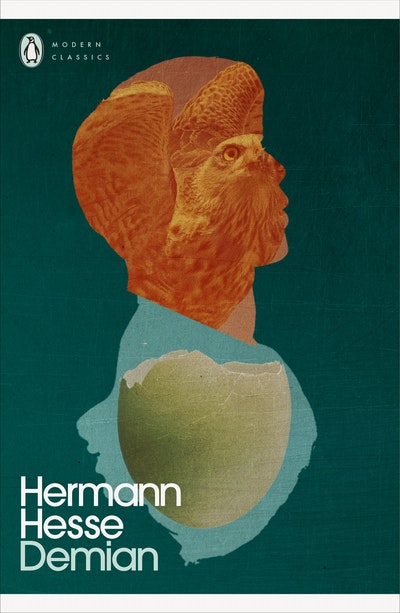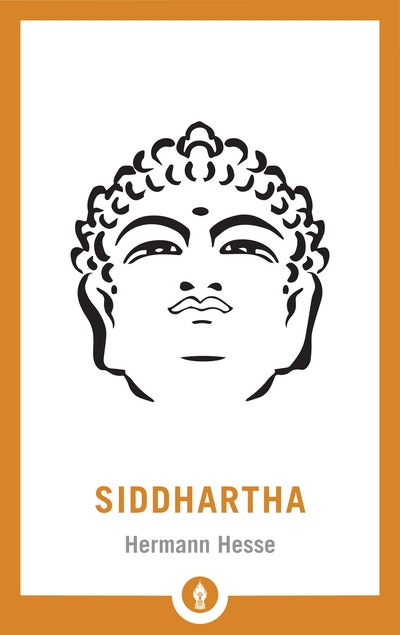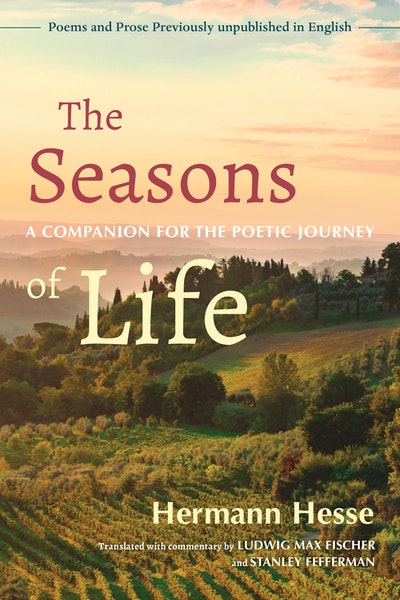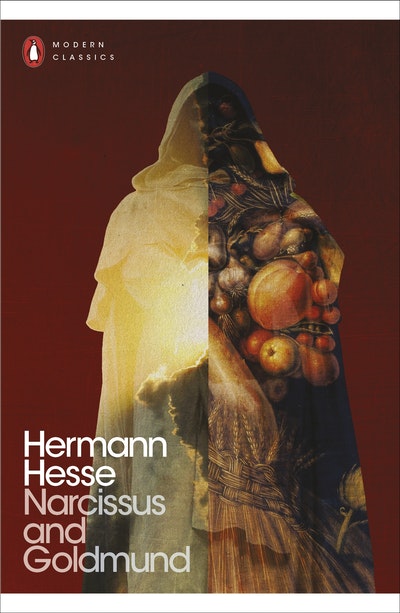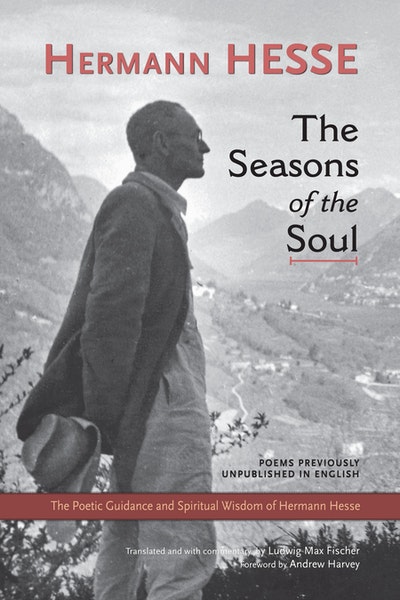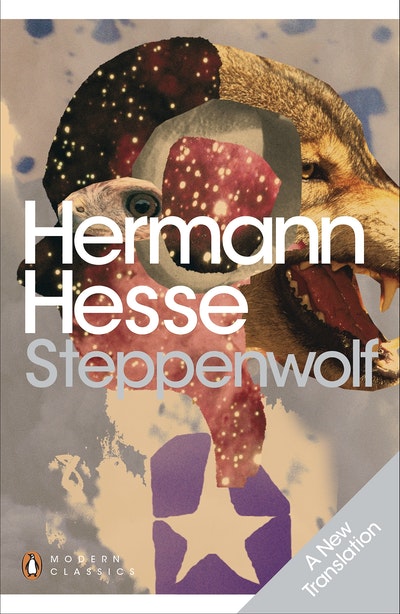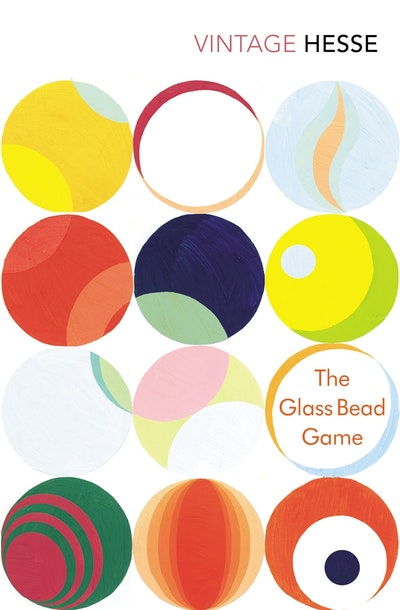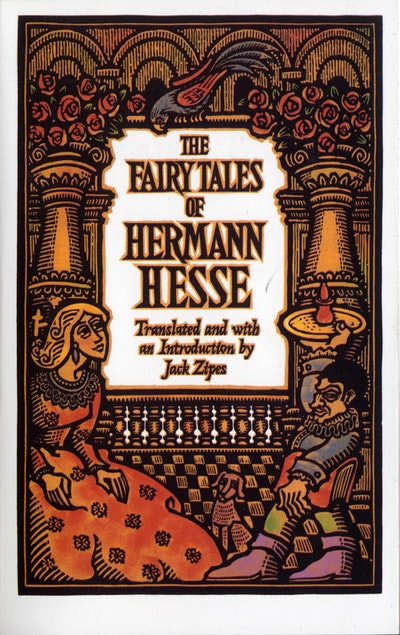- Published: 15 September 2017
- ISBN: 9780241307434
- Imprint: Penguin Classics
- Format: Paperback
- Pages: 144
- RRP: $22.99
Demian
Formats & editions
Buy from…
- Published: 15 September 2017
- ISBN: 9780241307434
- Imprint: Penguin Classics
- Format: Paperback
- Pages: 144
- RRP: $22.99
Hesse is not a traditional teller of tales but a novelist of ideas and a moralist of a high order...The autobiographical undercurrent gives Demian an Existentialist intensity and a depth of understanding that are rare in contemporary fiction.
Saturday Review
Beautifully written, it has a seriousness as compelling as as that of The Waste Land . . . the work of a major writer
Observer
One can neither date nor doubt the sincerity of the hero s search for satisfaction or the quality of the spirit that lies behind it
Times Literary Supplement
